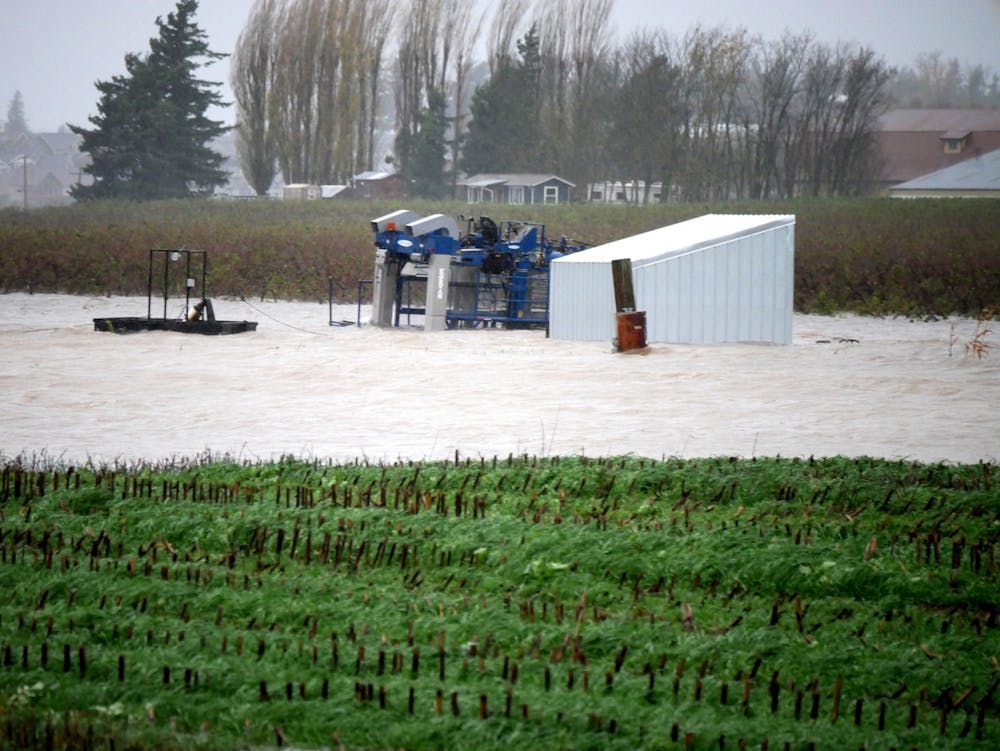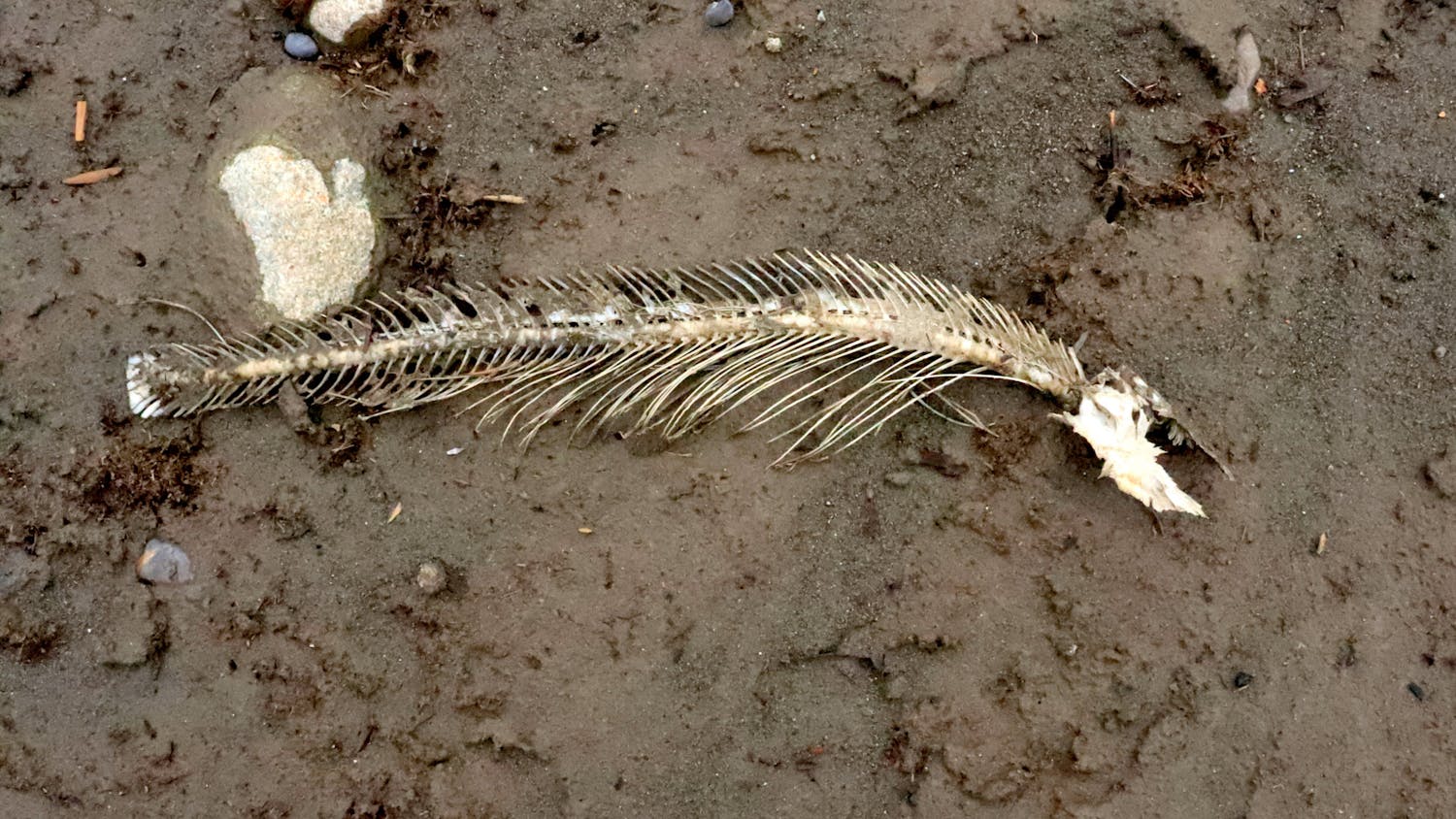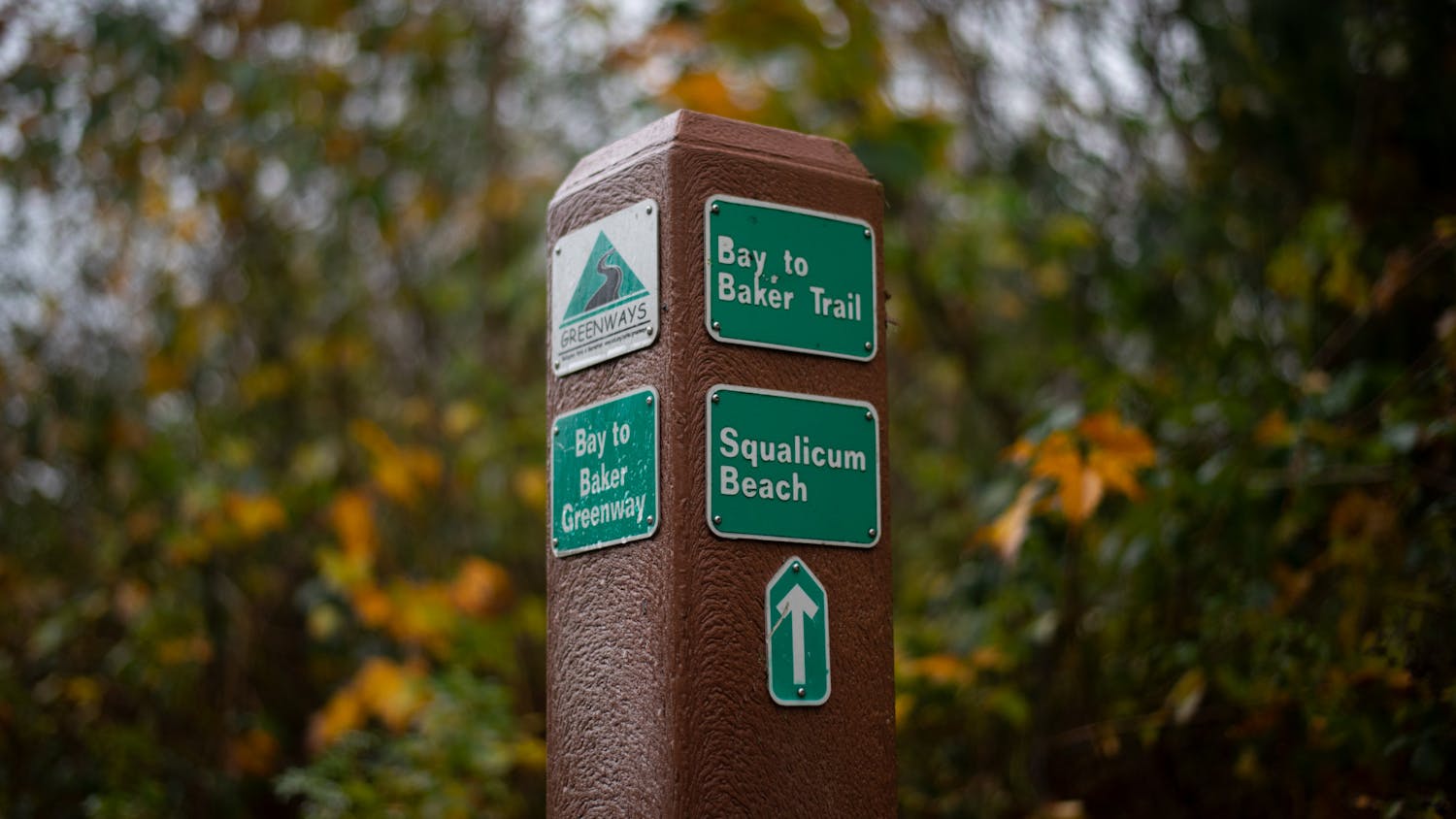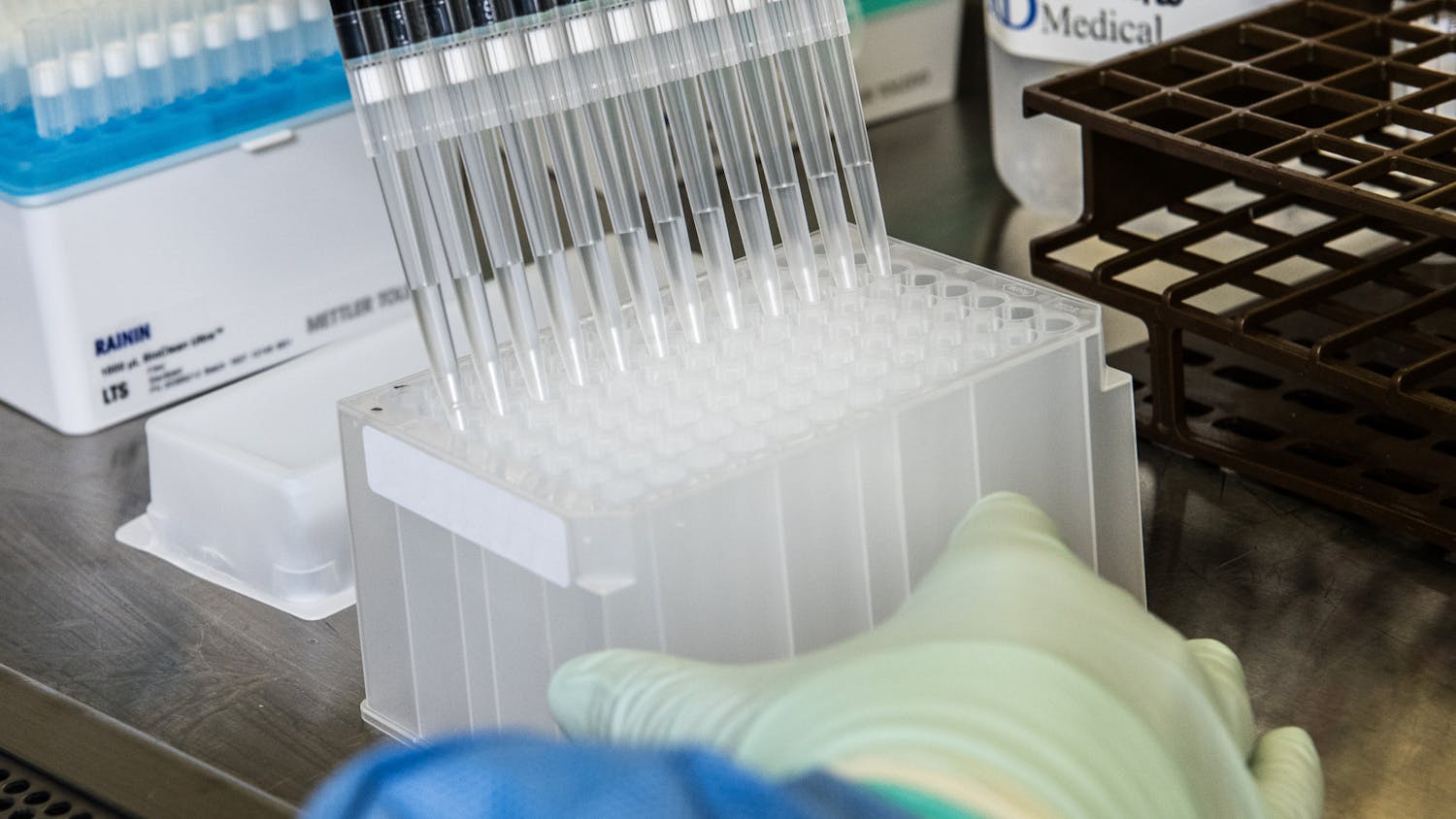Following the record-breaking floods Whatcom County experienced in November 2021, local farmers are dealing with the aftermath and asking for help.
In a letter pleading for action, the mayors of Sumas, Everson, Nooksack, Lynden and Ferndale are urging state agencies to address the water management crisis that has been “virtually unnoticed.”
Many of the issues mentioned were particularly highlighted during the floods.
“We have publicly urged immediate action on key areas of needed improvement, including sediment management, water storage, river fixes and farmland protection,” Whatcom Family Farmers Executive Director Fred Likkel said in a press release.
Heavily impacted by a drought just months before the November floods, local Whatcom farmers are looking for change.
“When you start stepping back and looking at the big picture you realize there's a management issue here with our water system in the Nooksack basin,” Whatcom Family Farmers Communications Director Dillon Honcoop said. “We can do a better job to benefit the fish, to protect humans, to protect animals and protect the future of our community.”
The message of local mayors is that collaboration is key; farmers, tribes, developers and cities need to be taken into consideration, Honcoop said.
Whatcom County has a significant production of raspberries, blueberries, potatoes and dairy.
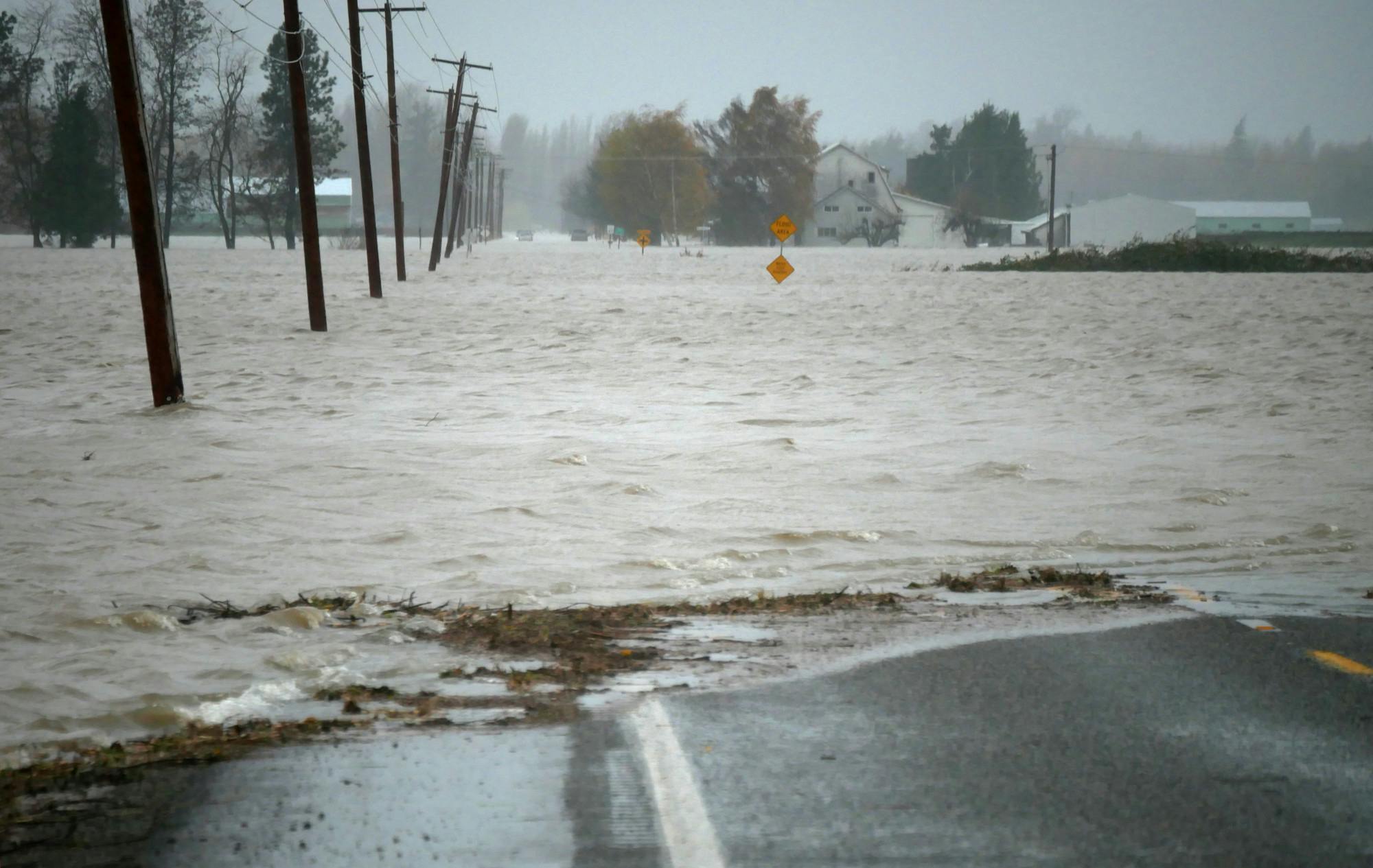
Floodwaters submerge Hampton Rd on Nov. 15, 2021. // Photo courtesy of Dillon Honcoop/Whatcom Family Farmers
Dairy farmers have seen the worst of the flood aftermath. With immense rainfall and floods, some dairy farmers have lost their ability to harvest their pasture land, which is what feeds their cows.
Washington State Department of Agriculture Dairy Nutrient Management Program Inspector Michael Isensee said they recognized early on there would be an ongoing issue with manure due to the significant levels of just rain alone.
During the two storms in November, it is estimated that the storage structures where they collect manure reached a quarter of its capacity. That is 100 million gallons of rainwater in just four to six days, Insensee said.
The downstream effect of manure getting in the waterways can be detrimental. Shellfish can accumulate the variety of bacteria found in manure, which is harmful for human consumption.
“If the soil is so wet that their manure can't get into the ground, it's gonna flow off just like water does,” Isesnee said. “The driving factor for a lot of our work up here is to try and make sure that our dairy farms are not harming our shellfish farms.”
Hans Wolfisberg, owner of Edelweiss Dairy located in Everson, faced severe damage to his 60 acre farm along the Nooksack River.
The flooding generated damage to 40 out of his 60 acre pasture.
“There is a dike that would protect [the pasture],” Wolfisberg said. “And then there was just so much water, it came over very strongly over the dike, and in a duration of 30 hours, it broke.”
Causing silt, sand and debris to cover the field, this was the first time he experienced something like this in his 25 years of running the farm.
While awaiting the federal aid he applied for, the Army Corps is working to rebuild the river dike along his farm.
Only able to use 20 acres of his land right now, he has to wait at least another two months to re-seed the other 40 acres. Wolfisberg has no choice but to purchase feed elsewhere, while simultaneously losing out on the biggest growth time: early spring.
“At this point, you ask what's been done,” Wolfisberg said. “There's not really much, some fixing of the dike system and a lot of talk, a lot of meetings. But nothing is really happening. So if a rain event like that is going to happen again, it's going to be the same thing.”
Noting climate change as an indicator of these events happening more frequently, Wolfisberg has no intention of leaving.
“It's still just to clean up and then move on,” he said.
There is no perfect solution to these issues, Honcoop said.
“We can't let the perfect be the enemy of the good because we aren't going to achieve the perfect realistically, but we can achieve the good,” Honcoop said. “And that will require some compromise to make sure a disaster like this doesn't ever happen again.”
Bella Neff (she/her) is a third-year student studying journalism and political science, and reporting on city news. You can reach her at bellaneff.thefront@gmail.com.


